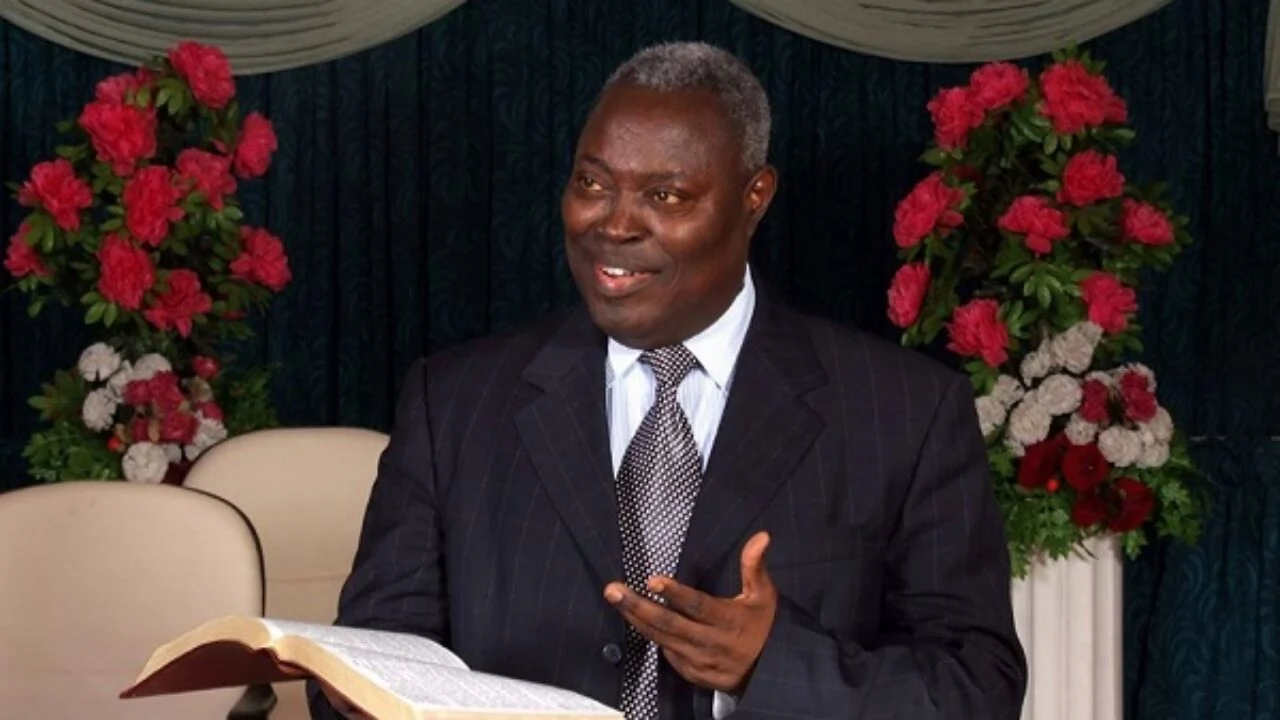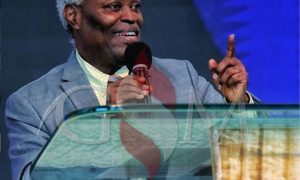Nigeria News
Kumuyi advises Christians to stop giving offerings in Church

The General Superintendent of the Deeper Life Bible Church, Doctor William Folohunso Kumuyi, has offered a thought-provoking perspective to Christians.
The cleric has advised them against directing all their offerings to the Church, but instead, to share with the poor and unemployed within their communities.
In a video that has garnered attention online, Kumuyi emphasized the importance of not solely focusing on building churches but also extending a helping hand to impoverished neighbors who struggle to meet basic life necessities.
He recounted an example of a preacher who urged his congregation to divert their offering funds towards assisting the needy and jobless individuals in their vicinity.
This advice comes amidst a larger conversation sparked by controversial OAP, Daddy Freeze, who has criticized Nigerian pastors for their opulent lifestyles in contrast to the poverty experienced by their congregants.
Freeze, known for his stance on tithes, mentioned, “When I started opposing tithing, there wasn’t a Nigerian pastor who didn’t react. I simply opened the Bible to them: Deuteronomy chapter 14, verse 22, which says, ‘Eat your tithe yourself’. I read it to them.”
Kumuyi emphasized the importance of church development but also stressed the need for Christians to remember their neighbors who struggle with hunger and deprivation.
He remarked, “Look at all the offerings we receive. This church is filled with riches. I heard of a preacher elsewhere who conducted a church service and said, ‘Now we will collect offerings. If you have N10,000, N20,000, or N50,000, raise your hand, and they will be sincere.'”
“Then he stood up and proclaimed, ‘That N10,000, N20,000, and N50,000 will go to the needy in your community. The entirety of the offering does not solely benefit the church; there are impoverished, jobless people around.'”
“There are destitute individuals in our midst. We will construct our buildings, but while we are doing so, our neighbors are suffering.”
He questioned the morality of letting members of the church endure hunger and hardship while the church sits on wealth, “What if this church, like we did in the past, allocated a portion of money for charity? What if we set aside funds for constructing our international conference center, and the local community we are building for is struggling with hunger, malnutrition, and destitution?”
“Let’s allocate a portion of our funds, millions of our currency, to support these people. What takes precedence when your house is leaking and your mother is ailing? How will you allocate your resources—repairing the leaking roof or caring for your mother?”
Kumuyi emphasized the need to prioritize church members, even those outside the congregation, stating, “We know them, and we can reach out to them.”
“We should not exhaust all our funds on constructing a church building that will not ascend during the Rapture, because Christ is coming,” he concluded.



















